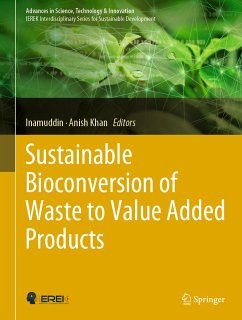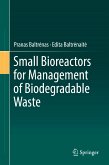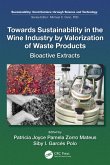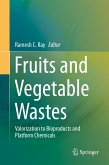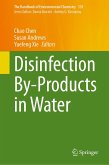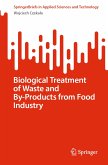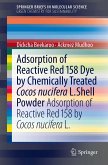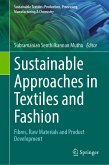Nowadays, the industrial revolution and urbanization have made human life comfortable. However, this requires excess usage of natural resources starting from food and food products, to energy resources, materials as well as chemicals. The excess use of natural resources for human comfort is expected to high fuel prices, decline natural resources as well as cause a huge hike in the cost of raw materials. These factors are pushing researchers to grow environmentally friendly processes and techniques based on inexpensive and sustainable feedstock to accomplish such worldwide targets. Bioconversion, otherwise called biotransformation, is the change of natural materials, for example, plant or animal waste, into usable items or energy sources by microorganisms. Bioconversion is an environmentally friendly benevolent choice to supplant the well-established chemical procedures utilized these days for the production of chemicals and fuels. A variety of alternatives advancements are being considered and are directly accessible to acquire diverse valuable end-products through bioprocesses.
This book discusses in detail the process and techniques of bioconversion by focusing on the organic feedstock of animal and plant origin. It brings solutions to the bioconversion of various feedstock into value-added products.
Dieser Download kann aus rechtlichen Gründen nur mit Rechnungsadresse in A, B, BG, CY, CZ, D, DK, EW, E, FIN, F, GR, HR, H, IRL, I, LT, L, LR, M, NL, PL, P, R, S, SLO, SK ausgeliefert werden.

